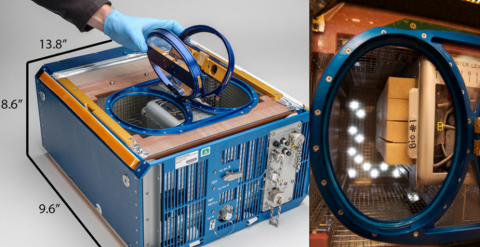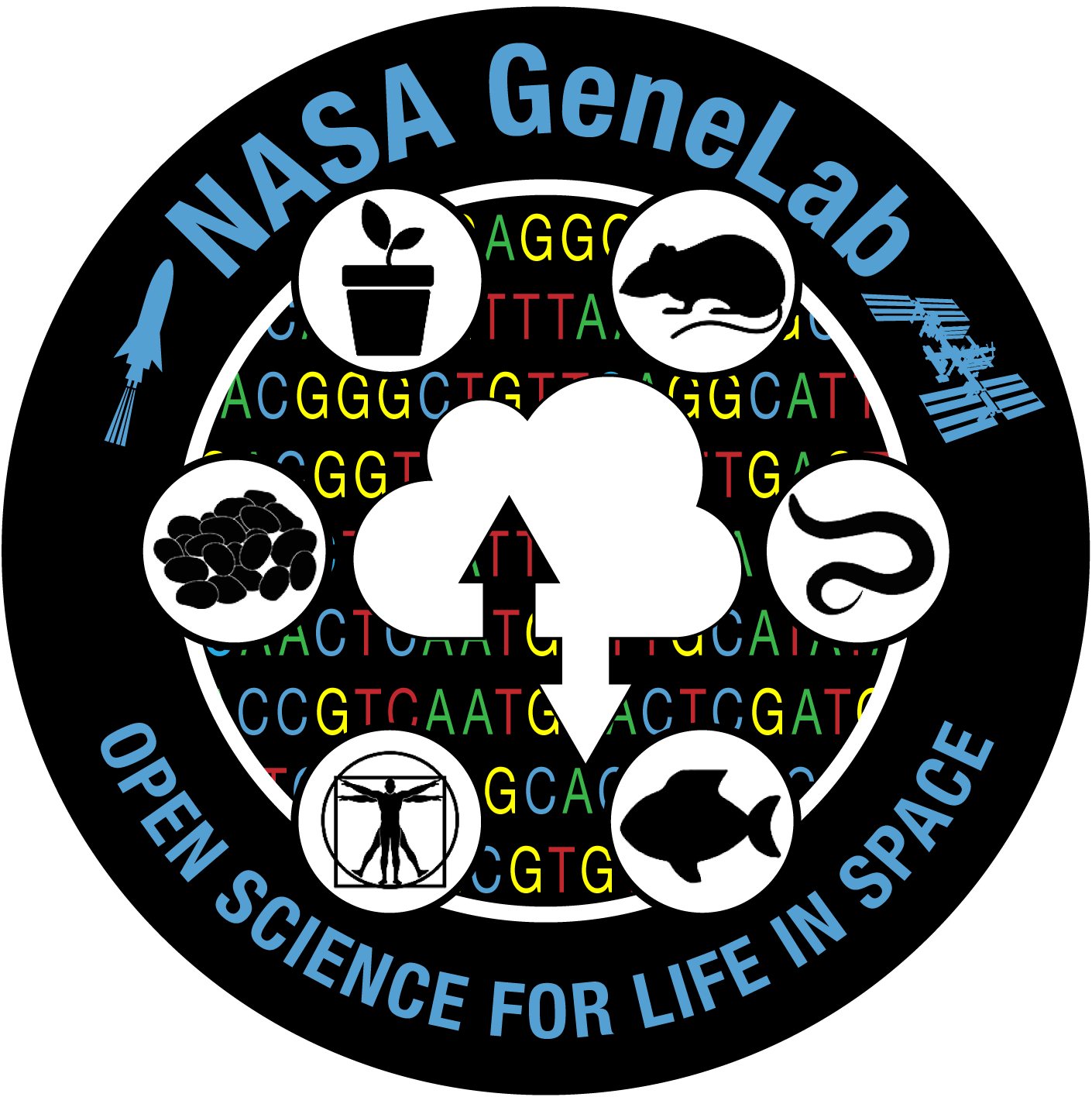
An original research article led by GeneLab scientists, titled “Global Transcriptomic Analysis Suggests Carbon Dioxide as an Environmental Stressor in Spaceflight: A Systems Biology GeneLab Case Study” was published in the March 2018 issue of Scientific Reports, part of the Nature publishing group. This landmark paper represents the first scientific publication wholly derived from publically available GeneLab data, illustrating the process of generating new hypotheses and informing future experimental research by repurposing multiple space-flown datasets.
The research team, led by GeneLab scientists Afshin Beheshti, Egle Cekanaviciute, David J. Smith, and Sylvain V. Costes, examined how rodent cage architecture might influence atmospheric carbon dioxide levels, and consequently, physiological responses in spaceflight. The entire analysis was done using free and open GeneLab data from rodent research experiments previously flown on the Space Shuttle and International Space Station. Through a systems biology approach, the authors concluded that rodent cage types (producing carbon dioxide differences) could be influencing metabolism, immune response, and potentially the activation of cancer-related pathways. Research insights could shed light on experimental designs for rodent research and ultimately the biological risks for astronauts associated with long-term space missions.

